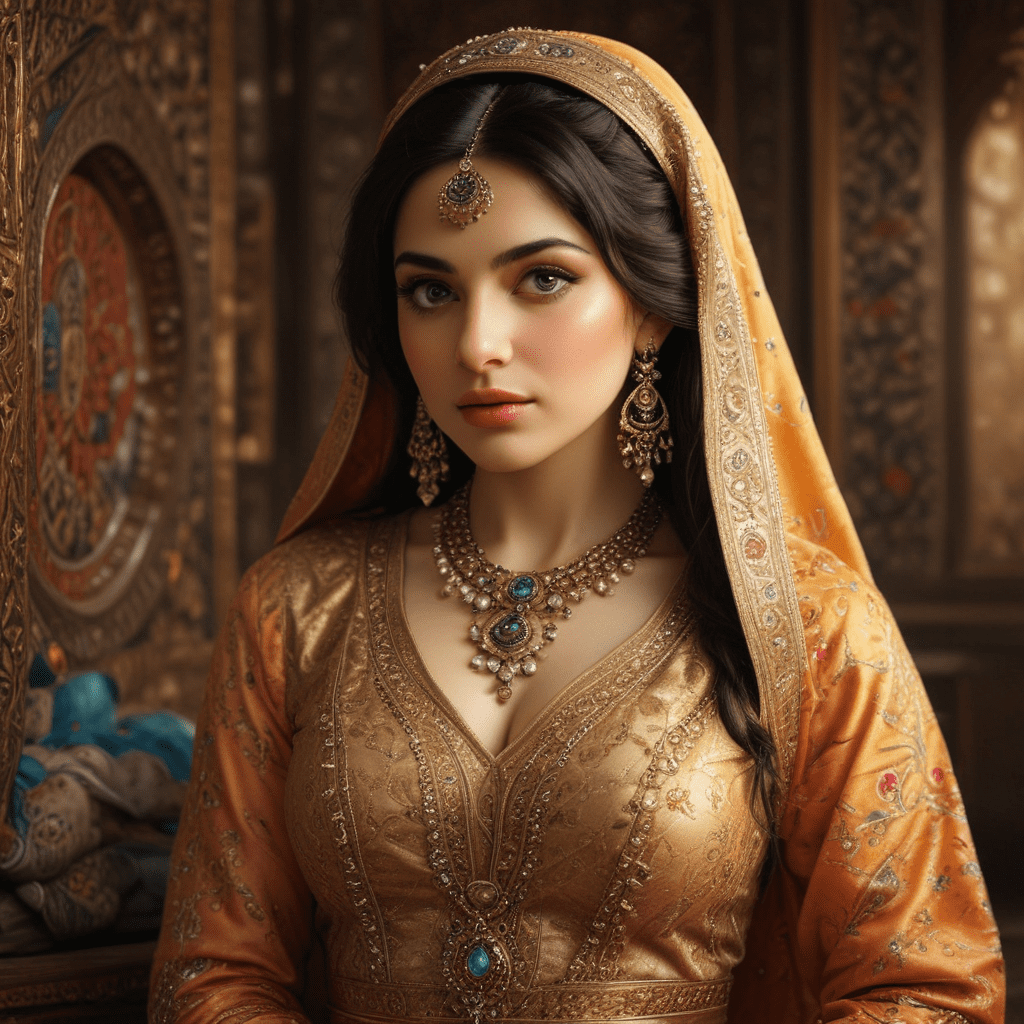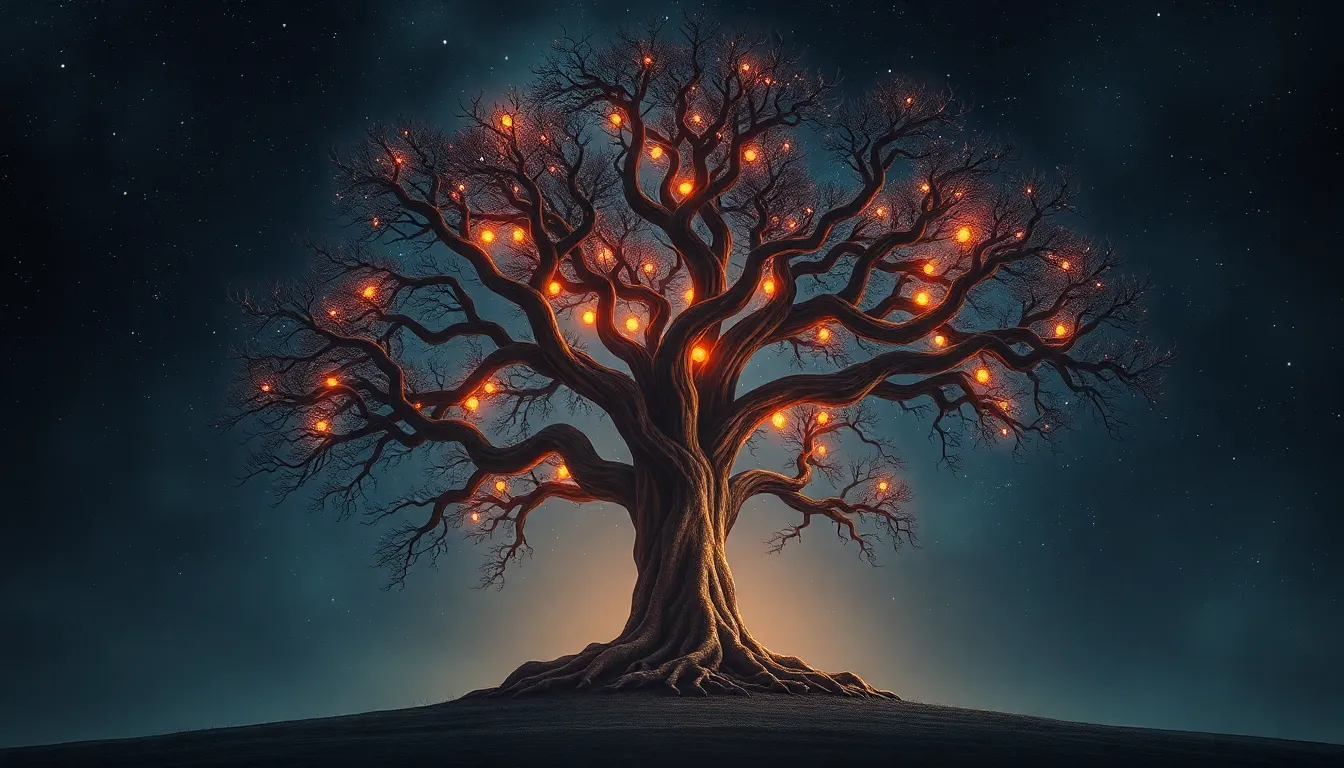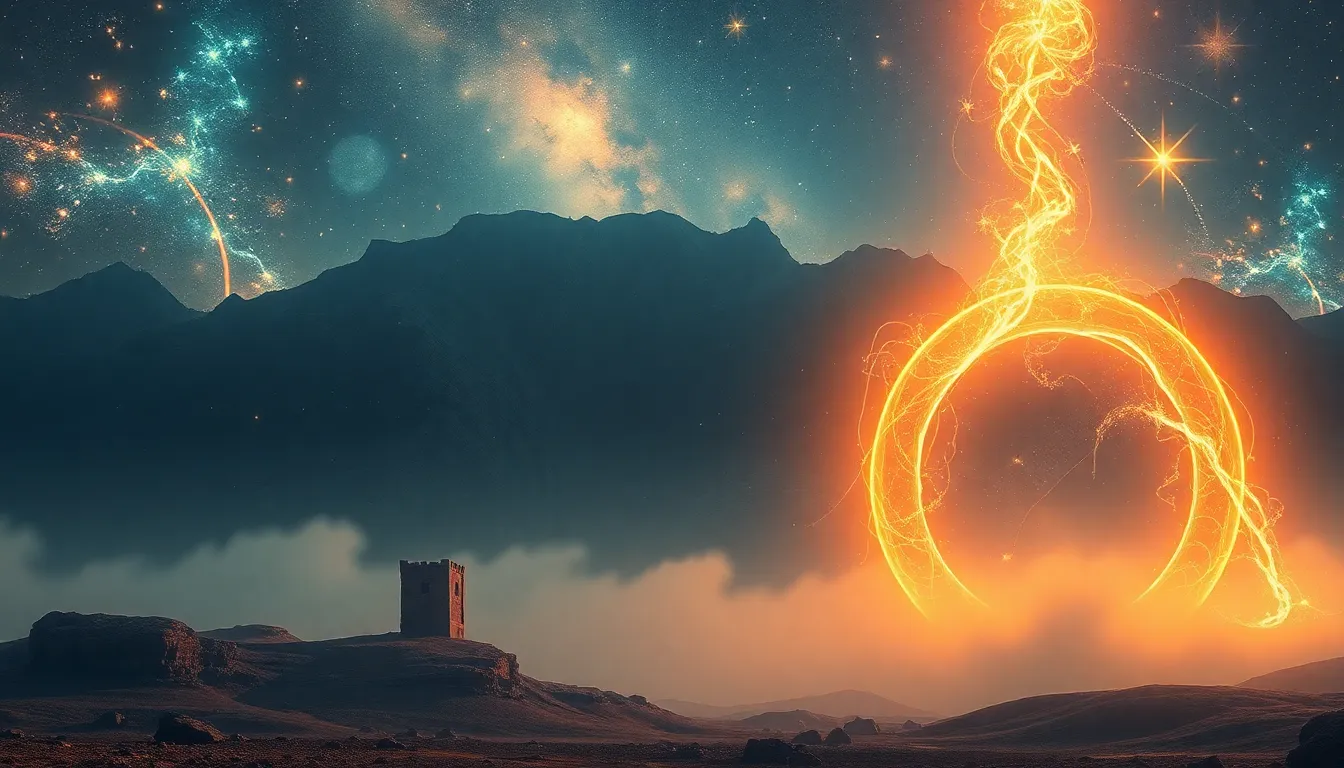From Folklore to Fame: The Untold Stories of Cultural Heroes
Introduction: Defining Cultural Heroes
Cultural heroes are figures that embody the values, ideals, and aspirations of a society. They are often celebrated for their extraordinary deeds, moral integrity, or significant contributions to their communities. These heroes emerge from folklore and oral traditions, serving as symbols of cultural identity and continuity.
The role of folklore in shaping cultural narratives is profound; it helps preserve collective memories and moral lessons that reflect a society’s character. This article aims to explore the origins, evolution, and significance of cultural heroes, highlighting their impact on national identity, modern media, and the importance of representation.
The Origins of Cultural Heroes in Folklore
Folklore has served as a vital medium for storytelling throughout history, allowing communities to share their values and experiences. Oral traditions have kept alive the tales of legendary figures who inspire and educate.
Storytelling is significant across cultures, providing a means for individuals to connect with their heritage. Here are some examples of legendary figures from various cultures:
- Robin Hood: The English outlaw who stole from the rich to give to the poor, symbolizing justice and resistance against tyranny.
- Anansi: A trickster spider from West African folklore, known for his cleverness and ability to outsmart other creatures.
- Mulan: A Chinese heroine who disguised herself as a man to take her father’s place in the army, representing bravery and filial piety.
The Evolution of Cultural Heroes Through Time
Cultural heroes are not static; they adapt and change as societal values evolve. Historical events shape the portrayal of heroes, often reflecting the struggles and aspirations of their time.
For example:
- King Arthur: Originally depicted as a noble king in medieval literature, his character has transformed over centuries, reflecting themes of chivalry, leadership, and the ideal of the heroic quest.
- Joan of Arc: Once viewed as a religious fanatic, she is now celebrated as a national heroine of France, symbolizing courage and faith in the face of adversity.
The Role of Cultural Heroes in National Identity
Cultural heroes often play a crucial role in constructing a nation’s narrative and identity. They embody the collective values and shared experiences of a community, contributing to a sense of belonging.
The intersection of folklore and patriotism can be observed in various national movements. Specific cultural heroes are often tied to pivotal moments in history, inspiring people to unite for a common cause.
For instance, figures like George Washington in the United States and Mahatma Gandhi in India serve as symbols of national pride and resilience, representing the struggle for freedom and justice.
Cultural Heroes in Modern Media
In contemporary society, cultural heroes are increasingly represented in literature, film, and television. These modern interpretations can significantly influence public perceptions and cultural narratives.
Some successful adaptations include:
- Marvel Superheroes: Characters like Spider-Man and Black Panther resonate with audiences, representing themes of responsibility, diversity, and heroism.
- Disney Characters: Figures like Elsa from “Frozen” and Moana have become cultural icons, promoting messages of self-empowerment and courage.
Marginalized Voices: Untold Stories of Cultural Heroes
While many cultural heroes are well-known, countless others from diverse backgrounds remain untold. These figures often embody the struggles and triumphs of marginalized communities.
Representation in cultural storytelling is vital to ensure that all voices are heard. Some notable yet lesser-known cultural heroes include:
- Zora Neale Hurston: An influential African American writer and anthropologist, she celebrated Black culture and folklore in her works.
- Bayard Rustin: A key figure in the American civil rights movement, known for his advocacy of nonviolent protest and LGBTQ+ rights.
The Psychological and Sociological Impact of Cultural Heroes
Cultural heroes significantly influence individual and collective identity. They serve as role models, shaping moral values and ethics, and providing inspiration during challenging times.
The psychological benefits of having cultural heroes include:
- Boosting self-esteem and motivation.
- Providing a sense of belonging and community.
- Encouraging resilience and hope in the face of adversity.
The Future of Cultural Heroes in a Globalized World
As globalization continues to shape cultural exchange, the perception of cultural heroes faces both challenges and opportunities. Heroes from different cultures are increasingly recognized and celebrated, leading to a more inclusive understanding of heroism.
Predictions for the evolution of heroes in a multicultural society include:
- A blending of cultural narratives, leading to hybrid heroes.
- Increased emphasis on social justice and environmental activism in the portrayal of heroes.
- A broader recognition of everyday heroes in local communities.
Preserving the Legacy of Cultural Heroes
Documenting and sharing stories of cultural heroes is essential for preserving their legacy. Education plays a crucial role in keeping folklore alive and ensuring that future generations understand their cultural heritage.
Initiatives and organizations dedicated to preserving these narratives include:
- Folklore societies and cultural organizations that collect and archive stories.
- Educational programs that incorporate folklore into curricula.
- Community storytelling events that celebrate local heroes and traditions.
Conclusion: Celebrating Cultural Heroes in a Modern Context
Cultural heroes hold a significant place in our societies, reflecting our values, aspirations, and struggles. From their origins in folklore to their modern representations, these figures continue to inspire and shape our understanding of heroism. As we celebrate cultural heroes in a contemporary context, it is vital to recognize and honor the diverse stories that enrich our collective narrative.



